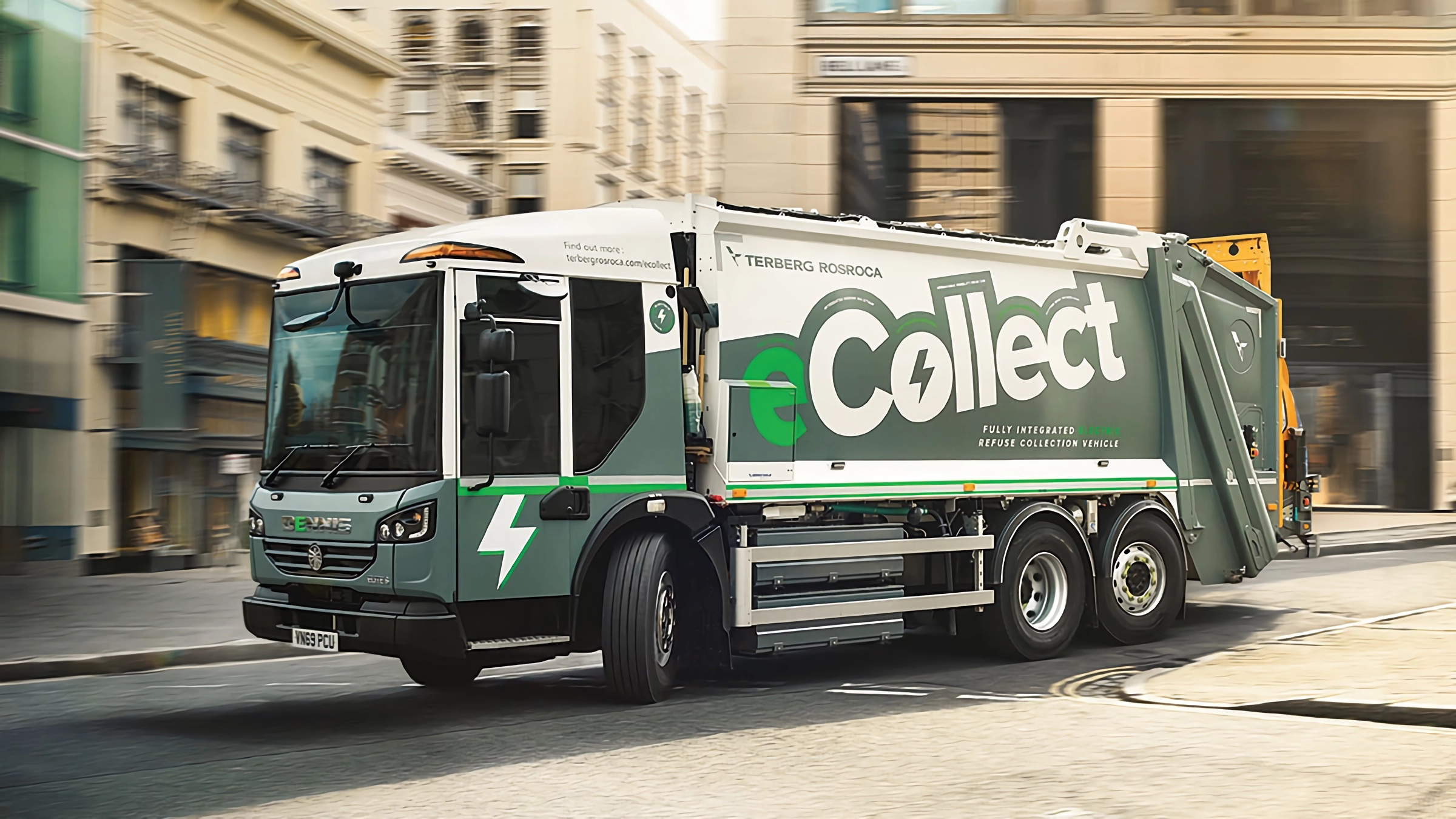
DIGITAL FIRST: A JOURNEY FOR COMMERCIAL VEHICLES
Automotive brands are taking decisive action to ensure they are well placed to profit from a rapidly changing marketplace. The acceleration towards increasingly digital customer journeys has gathered pace whilst dealing with the move to electrification and COVID restrictions.
Volvo cars announcement that it intends to make only electric cars by 2030 and sell all of them online is perhaps a turning point. Volvo will retain some dealers, but use them as centres for giving advice and showing off vehicles.
But whilst car marques switch strategies to digital first or indeed digital only customer journeys, what are the implications for manufacturers of commercial vehicles? Will this period of extensive change to meet consumers buying habits and preferences filter down to the purchase and ownership journey of a commercial vehicle?
The inside track from SMMT
The Society of Motor Manufacturers and Traders (SMMT) record monthly vehicle registrations and although they do not record the method by which those vehicles were purchased, James Boley of SMMT has recognised a trend in LCV purchases…
“Most CV orders require some kind of conversion which makes it challenging to implement a standardised ‘click and collect’ procedure in the same way that can be used for car purchases.
“Obviously there are myriad factors that affect demand. However, dealerships had to shut on 5 November, only to briefly reopen for a few weeks in December, with closures in London and the South East from 21 December onwards. While overall LCV registrations fell in 2020, towards the end of the year month-on-month, they were either on a par with prepandemic levels or increased.
“As showrooms were shut for much of the time outlined above, it is likely that there has been an increase in online research by would-be buyers, and many commercial vehicle manufacturers offer provision on their website to outline a vehicle specification as the first step in vehicle acquisition. In fact, all the manufacturers of bestselling vans of 2020 provide online configuration that can then be directly linked to a confirmation call with a dealer.”
Dennis Eagle adjusts to digital
Dennis Eagle, part of the Terberg RosRoca Group, is a world leader in the design and manufacture of refuse collection vehicles. The Warwickshire-based business has seen a shift in customer expectations and has adjusted accordingly. Lee Rowland is Sales & Marketing Manager…
“There has been a notable shift in expectation – and because of that we are now a much more digitally focussed organisation. People expect a smooth flow of information through digital channels. That can be digesting the latest news and updates via social media, or receiving automated emails through a transactional type interaction.
“We have invested a great deal of time and resource into putting systems in place to help us manage the digital journey. We even include QR codes in the cab of our vehicles that will link the user through to relevant repair/maintenance information on our websites.”
The online and offline route
Greensquare Creative Director Phil Westwood thinks the future is going to be predominately online, but don’t discount offline…
“Lockdowns have moved digital experiences to centre stage. Whether you sell directly or rely on dealerships the shift to new ways of interacting with customers has accelerated with the digitalisation of sales and marketing operations.
“The way in which commercial vehicles are purchased and backed up will no doubt be influenced by the continued digitalisation of customer journeys that we are driving. However, I see the biggest opportunity for brands to stand out via offline brand experiences, for example when targeting new or lapsed customers. When used in conjunction with digital this could prove to be an outstanding opportunity to stand out.” ![]()
Greensquare is a registered company in England.
© Greensquare 2024.
“Greensquare” and “Green Square” are the registered trademarks of Greensquare Brand Design Limited. All rights reserved.
Privacy Policy Sitemap DBA Member
Greensquare Brand Design Ltd
1745 Warwick Road
Knowle, Solihull
West Midlands B93 0LX
Find us on Google Maps
Subscribe to Drive
General enquiries: hello@gsbd.co.uk
New business: phil@gsbd.co.uk

